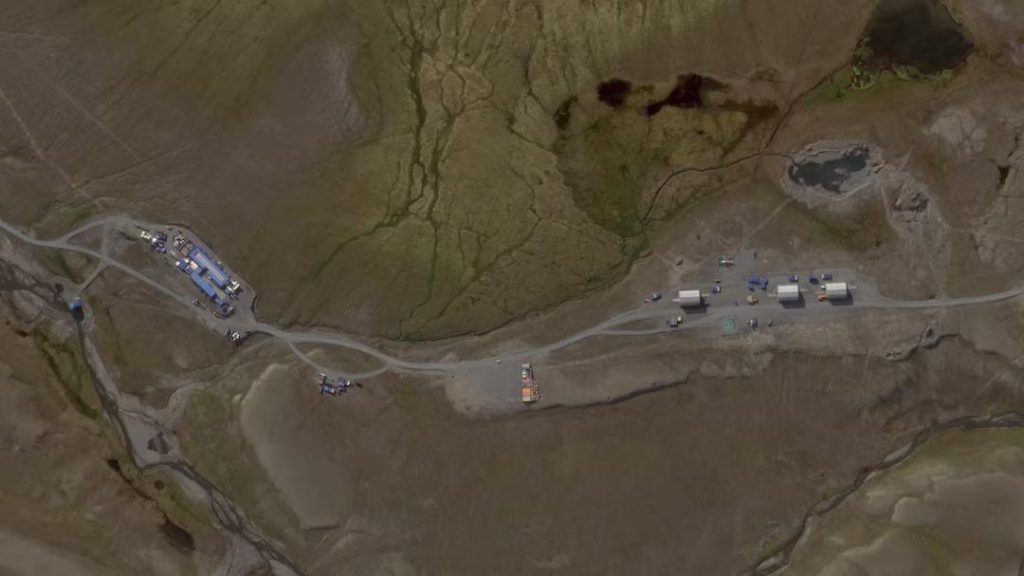
Russia Preparing to Test Nuclear-Powered Cruise Missile: Ukrainian Intel
In a move that is sending shockwaves across the global political landscape, Russia is reportedly preparing to test its nuclear-capable, nuclear-powered 9M730 Burevestnik cruise missile, according to Ukrainian military intelligence. The development comes just hours before a highly anticipated meeting between US President Donald Trump and Russian President Vladimir Putin.
The Ukrainian military intelligence agency, known as the Main Directorate of Intelligence (GUR), made the stunning revelation in a statement released on Friday. The agency claimed that Russia is planning to conduct the test in the near future, with the goal of strengthening its negotiating position with the West.
The 9M730 Burevestnik cruise missile is a highly advanced and controversial weapon system that has been the subject of much speculation and concern in recent years. The missile uses a nuclear reactor to generate power, allowing it to stay airborne for extended periods of time and travel long distances without the need for refueling.
Russia has been developing the Burevestnik missile as part of its efforts to modernize its nuclear arsenal and maintain its position as a major military power. However, the weapon’s development has been shrouded in secrecy, and its exact capabilities and range remain unclear.
The Ukrainian intelligence agency’s statement is likely to raise concerns about the potential implications of the missile’s development for regional and global stability. The agency’s assertion that Russia is planning to use the results of the test to strengthen its negotiating position with the West is particularly worrying, as it suggests that Moscow may be seeking to use its military capabilities to gain leverage in diplomatic talks.
The timing of the Ukrainian intelligence agency’s statement is also noteworthy, coming as it does just hours before the Trump-Putin meeting. The meeting, which is taking place at a summit of the G20 leaders in Osaka, Japan, is expected to focus on a range of issues, including trade, security, and nuclear proliferation.
The development of the Burevestnik missile has been a major point of contention between Russia and the West in recent years. The missile’s capabilities and range have been the subject of much speculation and concern, with some experts warning that it could potentially be used to attack targets deep within Europe and North America.
The United States has been particularly critical of the missile’s development, with Secretary of Defense Mark Esper stating in March that the weapon “poses a significant threat to the United States and our allies.” The US has also imposed sanctions on Russian entities and individuals involved in the missile’s development, in an effort to pressure Moscow to abandon its plans.
Russia, however, has denied any wrongdoing and has maintained that the missile is purely defensive in nature. In a statement to the press, Russian officials claimed that the missile is designed to target enemy submarines and surface ships, and that its nuclear reactor is designed to provide a “unique” capability for the Russian military.
Despite these assurances, the development of the Burevestnik missile is likely to remain a major point of concern for the international community in the coming years. The missile’s potential capabilities and range make it a significant threat to regional and global stability, and its development is likely to be closely watched by policymakers and military officials around the world.
In conclusion, the Ukrainian military intelligence agency’s statement that Russia is preparing to test its nuclear-capable, nuclear-powered 9M730 Burevestnik cruise missile is a significant development that is likely to have major implications for regional and global stability. The test, if successful, could potentially give Russia a significant advantage in its negotiations with the West, and could have far-reaching consequences for the international community.
Source:



